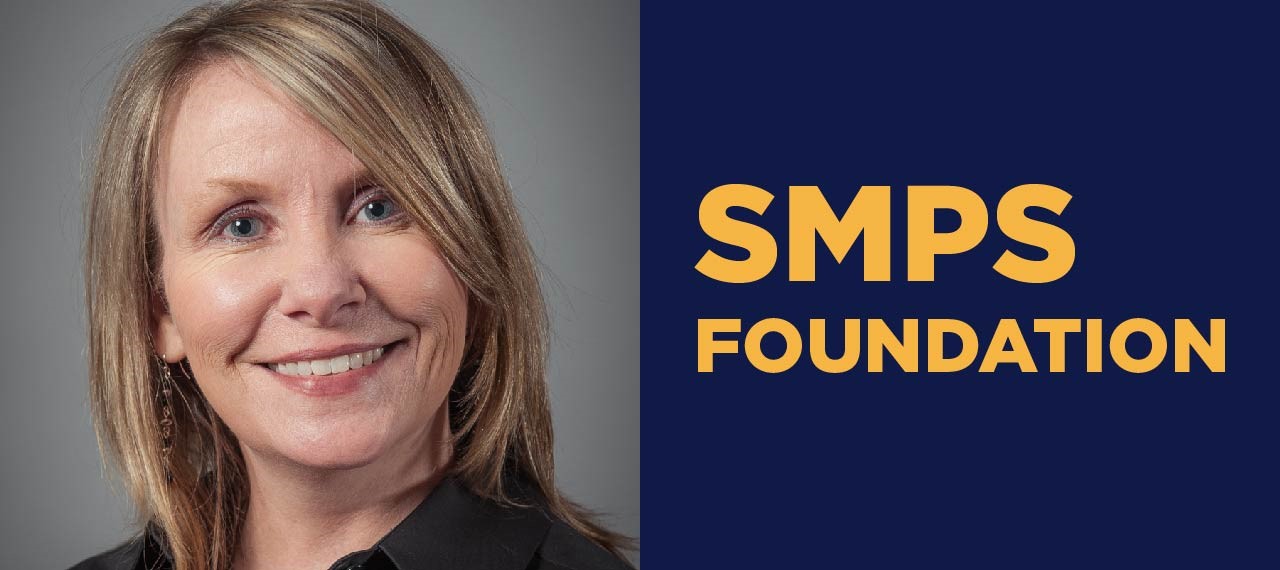
Have you ever seen a sign that says, “Please do not touch the art,” and you touched it anyway? This motivational reaction to rules that takes away specific behavioral freedoms is called “reactance.” This occurs when someone is heavily pressured to accept a certain view, attitude, or behavior and can increase resistance to persuasion. If you push someone towards not touching the art, they will want to push back.
Here’s another example: Would you buy a yogurt that’s advertised as 80 percent fat free or would you buy the one that’s 20 percent fat? This concept is a part of “framing.” Taking identical information and presenting it in different ways to change people’s preferences is just one of the concepts of neuropsychology that the foundation explored at our recent research workshop.
Last month, the SMPS Foundation held its first-ever research workshop to kick off our latest project: Understanding the Neuroscience (Neuropsychology) in Client Decision-Making. JonRobert Tartaglione, founder and CEO of Influence 51, led the discussion. He’ll continue working with us to develop a more robust and scientifically informed understanding of client decision-making behavior and its application to marketing and business development.
I came away from this session completely fascinated with my brain after our exploration of the Five Principles of Influence, which is outlined below. Coming into this session, each of the participants introduced themselves and shared how they hoped the knowledge would help them. My hopes were that the concepts learned from each principal of influence would help me in three areas:
- To better communicate in my personal life with my family and friends and to be a better wife, mother, sister, daughter, and friend
- To enable me to better assist Champlin by exploring new ways to help serve our clients, help our team to win more work, and ultimately work together better
- To help SMPS by being a better leader and to better communicate and frame some of the initiatives on which we’re ready to embark
Our research will dive into the Five Principals of Influence, their associated key concepts, and how they can be utilized when communicating as well as delivering services to clients internally and externally. The Five Principles of Influence include:
Principle 1: The human brain is not a computer
Principle 2: Our social nature matters
Principle 3: Our political sensibilities matter
Principle 4: Timing and priming matter
Principle 5: Structure of presentation matters
If you’re attending Build Business in San Diego, you’ll learn more about our research project, which will be presented at a high-level during one of the sessions. If you’re unable to attend Build Business, the SMPS Foundation will continue to update members on the project’s progress and when the report will become available.Of course, your support of the foundation is greatly appreciated and needed to continue this work. Please consider making a donation today.
SMPS Foundation President Melissa Lutz, FSMPS, CPSM, is principal at Champlin Architecture. She can be reached at melissa.lutz@thinkchamplin.com or 513.241.4474, x116.







